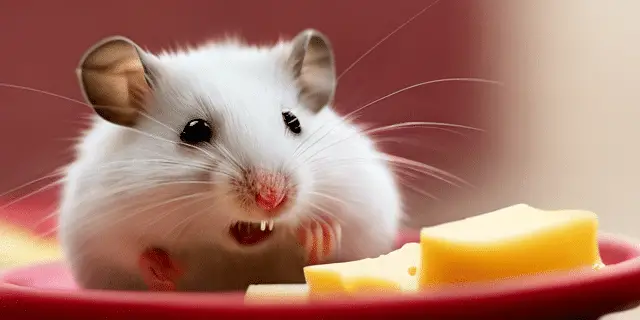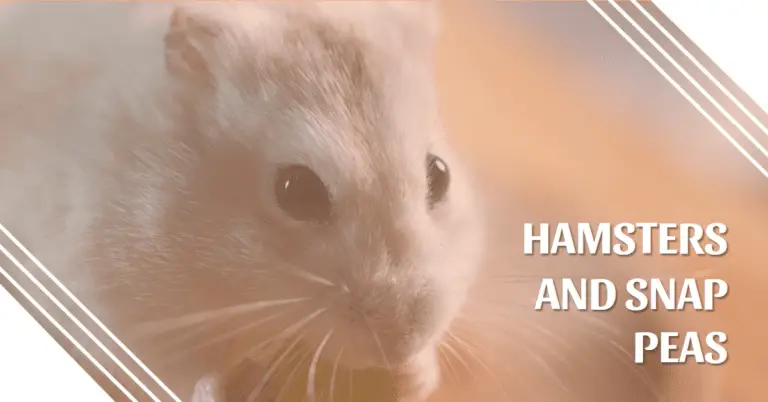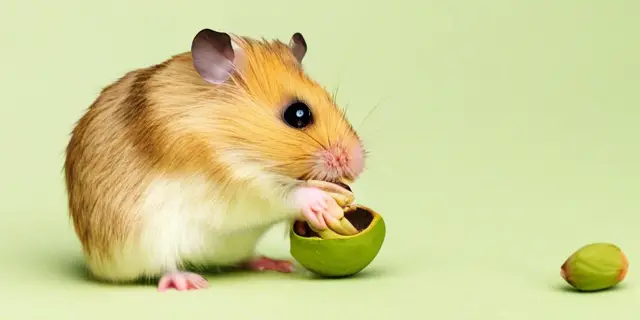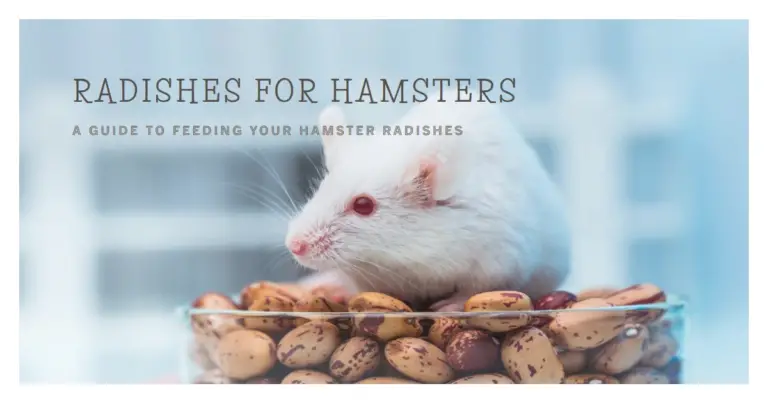Introduction
If you’re a hamster owner, you know that providing a well-balanced and nutritious diet for your furry friend is crucial for their health and well-being. While hamsters are omnivores and can eat a variety of foods, it’s essential to understand which foods are safe and which should be avoided. One question that often arises is whether hamsters can eat cashews. In this comprehensive guide, we’ll explore this topic in-depth, covering the nutritional value of cashews, their potential benefits and risks for hamsters, and how to incorporate them safely into your pet’s diet.
Can Hamsters Eat Cashews?
The short answer is yes, hamsters can eat cashews in moderation as an occasional treat. However, it’s important to exercise caution and follow some guidelines to ensure your hamster’s safety and well-being.
What Are Cashews?
Before we delve into whether hamsters can eat cashews, let’s first understand what cashews are. Cashews are the kidney-shaped seeds that grow on the cashew tree, a tropical evergreen tree native to Brazil. They are widely consumed all over the world and are known for their rich, buttery flavor and crunchy texture.
Nutritional Value of Cashews
Cashews are packed with a variety of essential nutrients that can benefit both humans and animals. Here’s a breakdown of their nutritional content:
- Protein: Cashews are a good source of plant-based protein, containing around 5 grams of protein per ounce.
- Healthy Fats: Cashews are rich in monounsaturated and polyunsaturated fats, which are considered healthy fats.
- Vitamins and Minerals: Cashews are a good source of vitamins and minerals, including copper, magnesium, manganese, phosphorus, and vitamins K and B6.
- Antioxidants: Cashews contain antioxidants like gallate and anacardic acids, which may have anti-inflammatory and anticancer properties.
Benefits of Cashews for Hamsters
- Protein Source: Cashews are a good source of plant-based protein, which is essential for hamsters’ growth, development, and overall health.
- Healthy Fats: The healthy fats in cashews can provide energy and support skin and coat health in hamsters.
- Antioxidants: The antioxidants present in cashews may help boost your hamster’s immune system and protect against oxidative stress.
Risks and Precautions
While cashews can offer some benefits for hamsters, there are also potential risks and precautions to consider:
- High in Fat and Calories: Cashews are high in fat and calories, which can lead to obesity and other health issues if consumed in excess.
- Choking Hazard: Whole cashews can pose a choking hazard for hamsters due to their size and shape.
- Allergies: Some hamsters may be allergic to cashews, which can cause digestive issues or other adverse reactions.
- Salt Content: Salted or roasted cashews should be avoided as they contain added salt, which can be harmful to hamsters.
- Moderation is Key: As with any treat, cashews should be given in moderation and should not replace a hamster’s regular, balanced diet.
How to Feed Cashews to Your Hamster
If you decide to feed cashews to your hamster, it’s essential to do so safely and in moderation. Here are some tips:
- Portion Control: Offer only a small amount of cashews as a treat, approximately 1-2 cashew pieces per week for an adult hamster.
- Unsalted and Raw: Always choose unsalted and raw cashews to avoid added salt and preservatives.
- Chopping or Crushing: To prevent choking hazards, chop or crush the cashews into smaller pieces before offering them to your hamster.
- Observe for Reactions: Monitor your hamster closely after introducing cashews to their diet for any signs of allergic reactions or digestive issues.
- Variety is Key: While cashews can be a tasty treat, it’s important to provide a varied diet with a range of fruits, vegetables, and occasional treats.
Incorporating Cashews into Your Hamster’s Diet
If you’ve decided to incorporate cashews into your hamster’s diet, here are some tips on how to do so safely and effectively:
- Introduce Slowly: Start by offering a very small amount of chopped or crushed cashews and observe your hamster’s reaction before increasing the quantity.
- Mix with Other Treats: You can mix cashews with other safe treats like small pieces of fresh fruits or vegetables to create a healthy and flavorful mix.
- Use as a Training Reward: Cashews can be used as a high-value training reward when teaching your hamster new tricks or behaviors.
- Rotate with Other Treats: To maintain a balanced diet, rotate cashews with other occasional treats like unsweetened cereal, cooked plain grains, or small amounts of fresh fruits and vegetables.
FAQs: Common Questions About Hamsters and Cashews
Here are some frequently asked questions about feeding cashews to hamsters:
- Can hamsters eat roasted or salted cashews?
No, it’s best to avoid roasted or salted cashews as they contain added oils, salt, and other seasonings that can be harmful to your hamster’s health. - Can hamsters eat cashew butter?
Cashew butter can be a occasional treat for hamsters in very small amounts, but it should be unsalted and free from added sugars or oils. - Can baby hamsters eat cashews?
It’s generally recommended to avoid feeding cashews or any other treats to baby hamsters until they’re at least 6-8 weeks old and fully weaned. - Can hamsters eat cashew shells?
No, hamsters should never eat cashew shells as they can be difficult to digest and may cause digestive issues. - How often can I give my hamster cashews?
Cashews should be given as an occasional treat, no more than 1-2 pieces per week for an adult hamster. They should not be a regular part of their daily diet.
Conclusion
In moderation and with proper precautions, cashews can be a safe and occasional treat for hamsters. They offer some nutritional benefits, such as protein, healthy fats, and antioxidants, but should be given in limited quantities due to their high fat and calorie content. Always choose unsalted and raw cashews, chop or crush them to prevent choking hazards, and introduce them slowly to your hamster’s diet while monitoring for any adverse reactions. Remember, a well-balanced and varied diet is crucial for your hamster’s overall health and well-being.





